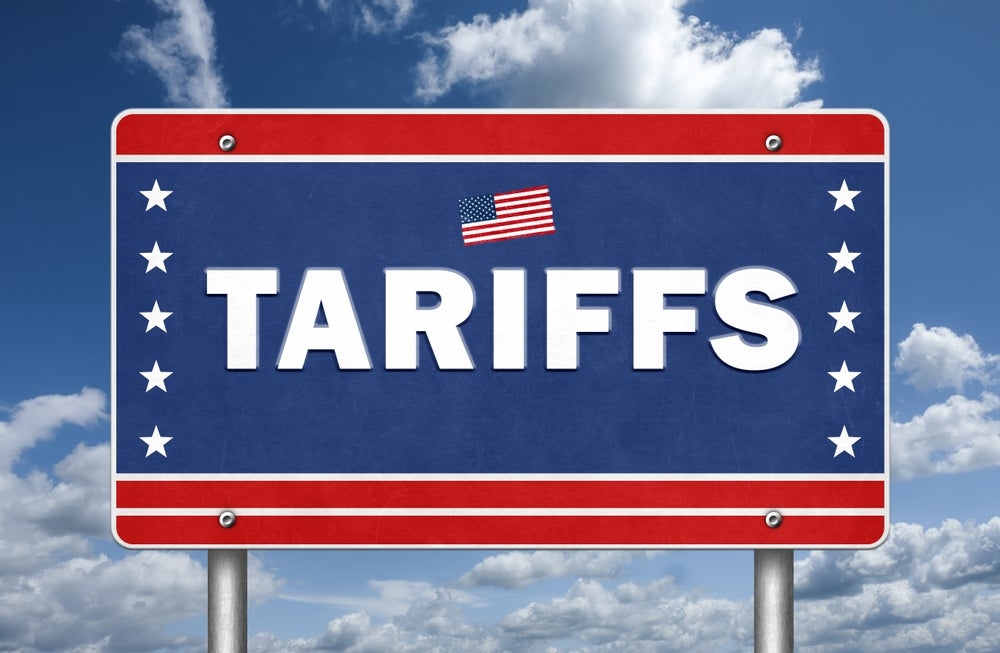
Global leaders should use financial regulation as a key blueprint for tackling AI issues, according to the chair of the world’s banking watchdog.
Pablo Hernández de Cos, who chairs the Basel Committee on Banking Supervision and is also governor of the Bank of Spain, warned that AI “could change the course of history, and necessarily for the good”.
The comments from the world’s banking watchdog have raised the question of how AI is being governed across the world.
Financial regulation relies on transparency, risk management and needs robust governance. Could this be the key to creating a single global AI framework?
Suneet Muru, analyst at research company GlobalData, believes there are some similarities when it comes to AI and financial regulation.
“The EU’s proposed approach to regulating AI is one of consumer protection and accountability, which is a priority for financial regulators,” Muru told Verdict, “there is however a danger in such a templated approach.”
Muru notes how financial regulators took actions to primarily protect global financial systems from the negative effects of the pandemic and the Ukraine conflict. This is different to AI regulation, which seeks to ensure safety and control of a more economically positive global development.
“Simply assuming that financial regulation is a fix could end as a classic case of trying to fit a square peg through a round hole,” Muru said.
Martin Hartley, Group CCO of emagine Consulting, believes that imposing the strict and intrusive nature of financial regulation could “help eliminate the suspicion that it [AI] is a risky tool.”
“As long as the blueprint is a test, it will allow for analysis of what works well and what doesn’t, for a purpose-driven architecture to be built,” Hartley told Verdict.
Wilson Chan, CEO of data company Permutable AI, told Verdict that financial regulation may offer insights that could aid policymakers in developing a regulatory rulebook for AI.
“Financial regulation has established regulatory bodies and frameworks that monitor and enforce compliance with industry standards,” Chan told Verdict.
“Similarly, for AI, there is a growing need for a centralised authority or regulatory body that can set standards, oversee the development and deployment of AI systems, and ensure compliance with ethical guidelines,” he added.
Chan said risk management and mitigation strategies, which are key action points in financial regulation, could be extended to aid in AI issues.
This could be done by “promoting responsible AI development practices that prioritise risk assessment, bias detection, and mitigation techniques,” Chan said.
“Just as financial institutions are required to conduct stress tests and assess potential risks to their operations, AI developers should also be encouraged to carry out comprehensive risk assessments to identify potential biases or unintended consequences in their algorithms,” he added.
Another key part of financial regulation is international cooperation, something that Jaeger Glucina, chief of staff at AI company Luminance, noted has already taken shape at the UK’s AI Safety Summit.
However, Glucina told Verdict more needs to be done to create a cohesive approach to AI regulation as a whole.
“In particular, it seems that the UK, EU and the US are headed down diverging paths when it comes to regulating these technologies,” Glucina said.
Is AI already too developed for a financial regulation blueprint?
However, some experts disagree that AI issues can be addressed through a financial regulation lens.
As AI rapidly grows, its global reach continues to spread, with the technology now implemented into countless industries, applications and services.
Some 72% of financial services firms said they currently use or are developing machine learning applications, according to a 2022 joint survey of the Bank of England and UK regulator the Financial Conduct Authority.
Luke Budka, AI director at Definition, told Verdict that AI is too widespread to be governed strictly through a financial regulation blueprint, noting anyone will be able to gain access to the latest models through open source means.
“There are already hundreds of thousands of local large language models (LLMs) running on personal computers – and where nation states or blocs move to regulate, users can access the latest fine-tuned models via Tor, which reportedly works really well with LLMs, due to their low bandwidth requirement,” he said.
Budka added that he can see no parallels between the two worlds due to the masses of different opinion surrounding the emerging technology.
“Nations have already demonstrated they cannot agree on [AI] regulation, as some want to encourage innovation whereas others want to lock it down – there will be no global consensus,” Budka said.
Dr Claudio Calvino, senior managing director at FTI Consulting’s Data & Analytics practice, noted that it is essential regulators have coordination when fostering stability in the field of AI.
“Effective navigation of this landscape requires a united effort from regulators across various sectors and regions,” Calvino told Verdict, “this unified approach could help prevent a fragmented regulatory environment, which could stifle innovation or become vulnerable to geopolitical influences.”







